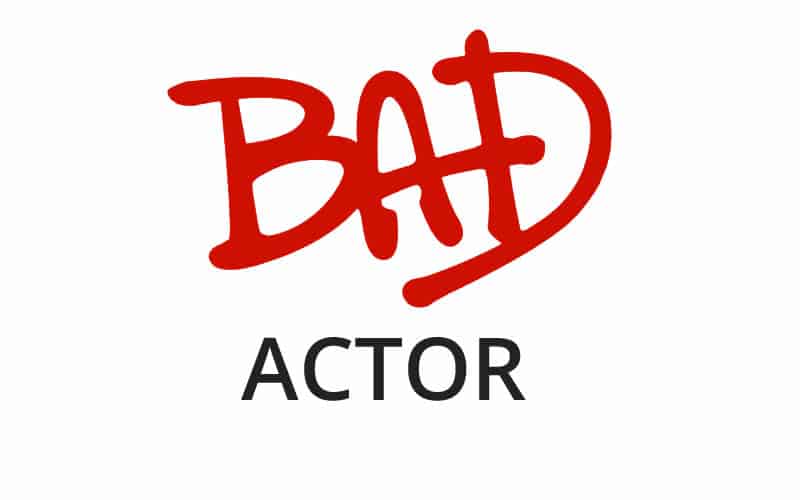California is widely regarded as one of the next states to join the young US online gambling industry. In a working towards that goal, California legislators have included a “bad actor” clause that would directly affect who can and can not be involved in any state regulated and sanctioned Internet gambling offerings in the future. Basically, if a company is deemed by California gaming authorities as having relationships with other parties which have previously been indicted for online gambling offenses, they will not be allowed to participate in the California interactive Internet gaming marketplace.
Harvard Law School Professor Finds Bad Actor Clause Unconstitutional
While this sounds like it is a great move by California to protect its residents, it appears that it could be in direct violation of the United States Constitution. A globally respected professor at Harvard University Law School is also a leader in constitutional law. Laurence H. Tribe has been a significant contributor to helping other countries found their constitutional law, and has even penned a piece on American Constitutional Law. And it is his opinion that the only bad actor involved in this particular piece of restrictive legislation is the state of California itself in their efforts to establish a state regulated online poker platform for California residents and visitors.
Certainly, California’s legislators and gaming authorities did not intentionally set about to create a piece of law that directly flies in the face of the United States Constitution. But Tribe says that the bad actor clause which currently would restrict PokerStars from the California online gambling picture is in violation of the rights of that company, and any others which would be affected negatively by it. He also analyzed another bill which is sitting before the California state legislator, and found it to be in violation of PokerStars’ rights as well.
AB 2291 was put forth by California Assemblyman Reggie Jones-Sawyer. State Senator Lou Correa is the driving force behind SB 1366. Both of those bills include specific “bad actor” language that, according to Tribe, “legislatively determines guilt and inflicts punishment upon an identifiable individual without provision of the protections of a judicial trial.” In the United States, every individual is guaranteed a right to a fair trial, as well as a trial before presumption of guilt or sentencing of any kind can be invoked. Tribe claims that both of these California Internet gambling bills are in violation of those rights.
2006 UIGEA Not Proved Legal In Court Yet
In 2006 the Unlawful Internet Gambling Enforcement Act (UIGEA) was developed to safeguard the rights of American citizens gambling online. And PokerStars was one company that, in 2011, was charged with illegal activities as outlined by UIGEA legislation. But the legality or illegality of continuing to run a US online gambling enterprise after UIGEA was passed still has not been proven in a court of law. PokerStars did not flaunt its defiance of the US Department of without doing its homework. The attorneys PokerStars employed told the company it was totally within its constitutional rights to continue to do business. It appears that legal counsel was correct, if Laurence Tribe’s opinion is to be believed. This could make for a 2015 entry into the California online poker industry for PokerStars.

